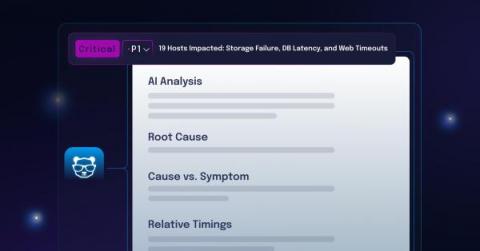Powering ConnectWise PSA With a New Alerting Workflow
In our previous blog from the ConnectWise series titled “OnPage-ConnectWise Incident Alert Management Workflows,” we discussed how customers are optimizing their investments in ConnectWise PSA. Now, we’re excited to present a new and powerful workflow specifically designed for after-hours that addresses the evolving needs of IT and Managed IT clients.










